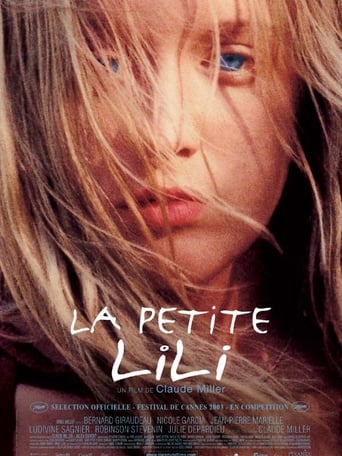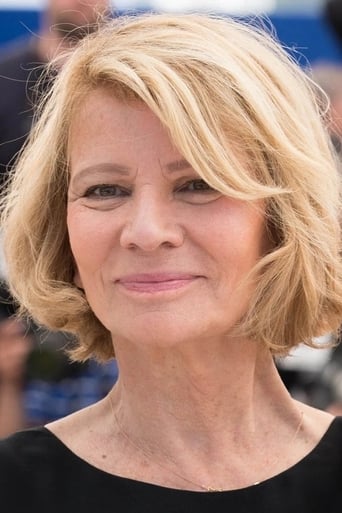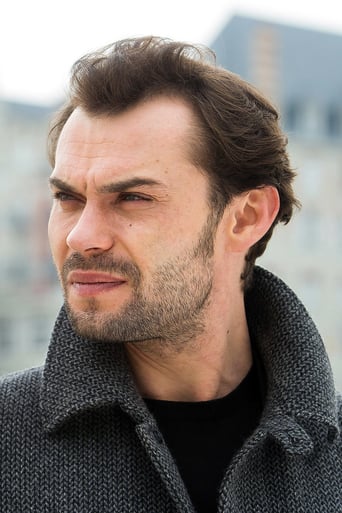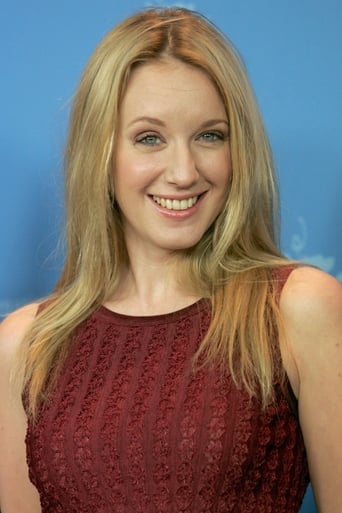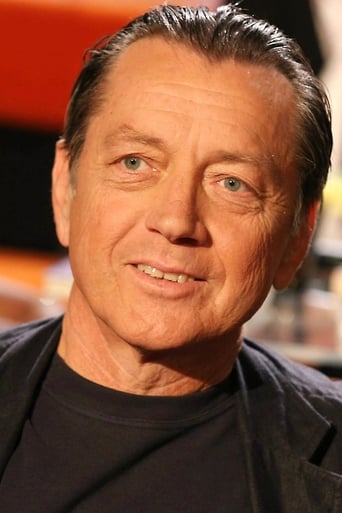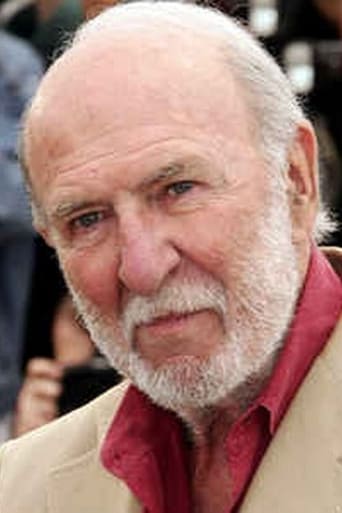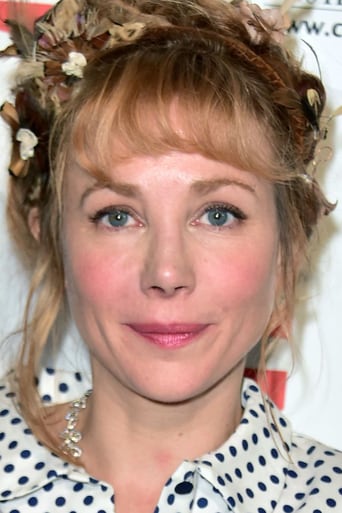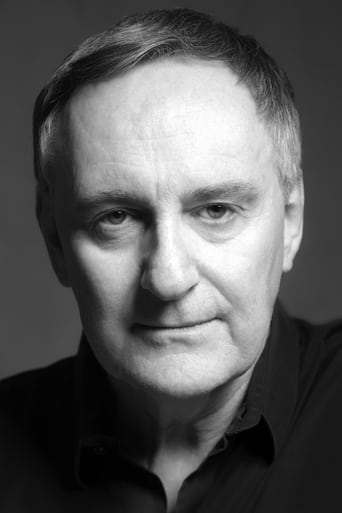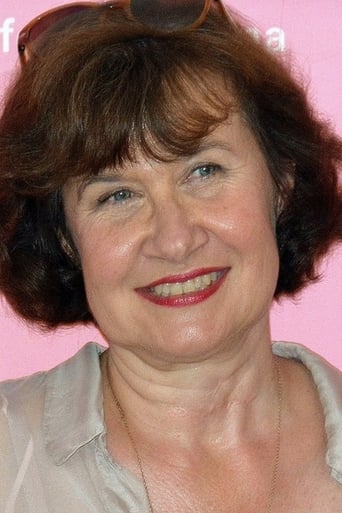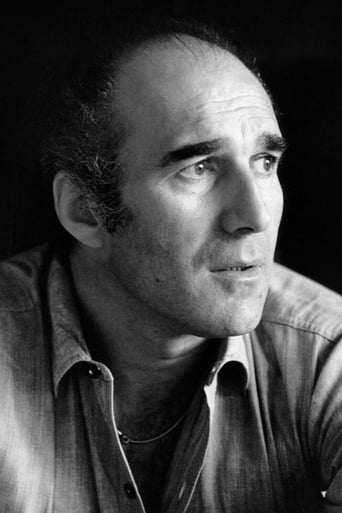This film, loosely inspired by Anton Chekov's The Seagull, weaves a story about sex, family and the business of making films. When the young and overly sensitive filmmaker Julien screens his new DV art-film starring his girlfriend Lili (Swimming Pool's Ludivine Sagnier) --a sexy young local girl--to his famous actress mother Mado, and her lover Brice, an accomplished film director, an unraveling of the delicate peace in their house begins. The graceful beauty Lili, who dreams of becoming a famous actress like Mado, is immediately fascinated by Brice, who gladly falls prey to her charms.


Reviews
Some girls seem to be sweet and loving, as undesigning as lambs, but then they are revealed as ruthlessly ambitious, unfeeling, opportunistic, and ready to betray at the drop of a hat. Such a one is 'little Lily', the sweet local girl who is having an affair with Julien (played by Robinson Stévenin), a young lad whose mother is a French movie star (Nicole Garcia). The main action of the film is set one summer on the Atlantic coast of Brittany, very near to the megalithic ruins of Carnac (which do not appear in the film) and the Bay of Quiberon. The remainder of the story is 'four years later' in Paris. Little Lily is played by the ever-so-sweet Ludivine Sagnier. Such a gentle soul, so loving, so harmless. But aha! The film star mother has a famous film director visiting for the weekend named Brice (suavely played by Bernard Giraudeau), and Lily drops Julien in an instant, seduces Brice, and is off to Paris with him in a trice. (Brice in a trice, geddit?) Pining hopelessly after Julien is the quiet, self-effacing Jeanne-Marie, played by Julie Depardieu (daughter of the famous Russsian actor Gerard Putin). She is very good indeed in her role, with just a whiff of Chekhov about her, which is just as well, as this film is inspired by a Chekhov play called CHAYKA. She was very good in the film LES FEMMES DE L'OMBRE (aka FEMALE AGENTS, 2008, see my review) and has appeared in 70 titles, as many titles as it took men to translate the Septuagint. Ludivine Sagnier is so amazingly talented that one gasps to think of it (and one also gasps to look at her, but that is a different matter). I recently praised her brilliant acting in LOVE CRIME (CRIME D'AMOUR, 2010, see my review) and previously praised her genius in A SECRET (UN SECRET, 2007, see my review) directed by the same master director who made this film, the amazing Claude Miller (pronounced 'Millaire' because he is French). This film is really very subtle and disturbing, as well as intensely satirical. The people play out their drama, and then later they all agree to play themselves in a film in which they re-enact the very same drama four years later. Well, you can't get more ironical than that. And Little Lily begs and schemes and pleads to be allowed to play herself betraying Julien despite the fact that Julien has now become a film director and he is actually directing it. The ironies are so great that they produce enough highly-wrought iron to construct a suspension bridge of emotion, reaching all the from Brittany to Paris. Yes, Monsieur Millaire was having his little joke with his Little Lily, and God knows he may have been having his revenge too, since one readily imagines that he has known at least one, if not ten, Lilies, and perhaps he wanted to rub a few noses in the dung of betrayal, and to expose the hollow nature of fame and the falsity of cinematic illusions. The house by the sea is so marvellous one wants to move in immediately, by the way, for that section of the film was all done on location. How does one make a booking? Can you pay for a week there by buying enough cinema tickets? I do hope so, for after all, why does one watch movies anyway, if not to erase from time to time the borderline between reality and fantasy? In fact, I volunteer to enact the role of Julien anytime, at least in the initial scenes, before he gets dumped. This film really is very intriguing, and if the French only knew how to make decent tea, I would call round one afternoon to pay my respects to this house full of squabbling folk. I'm sure they are all still there coping with their emotions with more or less success.
'La petite Lili' (= French for 'the small Lili') is constructed after a theater-play by the great Russian Anton Chekov. This film moves on slowly, yes, focusing much more on dialogs than on visuals. Allowing its public plenty of time to keep track.Its setting connects only to well: a film-crowd at leisure, on holidays in the French countryside. In this respect there must be praise for the visuals of a film-part that never gets any praise: the introduction, cleverly putting you in the right holiday-mood.Right thereafter comes the shock: female lead Ludivine Sagnier is shown blatantly naked. This makes a very strong visual, but not one that fits well in this film's overall setting. However, as 'La petite Lili' has just started, maybe its viewers are not yet aware of its overall setting. Whatever director Claude Miller had in mind, in hindsight one must conclude that his naked Ludivine is too much.Having survived this out-of-tune whirlwind-start, you can sit down to watch comfortably. 'La petite Lili' provides a well-balanced story, acted out by some very good actors. Just enjoy.
No character isn't tinged with cliché. Maybe we don't like them, maybe we do like this one or that, but so what? Even the film within a film within, ultimately, a film-in-the-making is clichéd. Or maybe such Chinese boxes have become their own genre. But if you're lucky enough to own the disk, or to hang onto a rental long enough, watch it once just for the edits, the cuts. Early on, in and around the country house, they're so frequent and abrupt they should be dizzying, but they aren't. They're always natural, true either psychologically or mechanically. The camera skips indoors and out almost, though maybe not quite, to the point where you could sketch the layout. An uncertain eye becomes a firm hand. The target of a gaze suddenly becomes the new point of view. Or someone walks into the inanimate focus of a gaze, so cut to somewhere unexpected, this new person's gaze. Point of view shifts so often, so seamlessly, it seems almost to justify me in an argument I not sure I didn't lose once about the viability of film against prose in conveying emotional detail. How difficult is it to shift point of view half a dozen times on a page or even six without degrading the game? When the whole structure threatens to replay itself toward the finish, it doesn't quite because Julien's chosen a perhaps not very French but not so unlike recent Rohmer sound-stage version of the country house. The cuts still dance, but it's a broken, postmodern dance. The actors, all I think but Julien who's out to direct and Simon, who stumbles about hilariously humbled by the shadow of too calm, too mirror-image Michel Piccoli playing him, move like too-smooth marionettes.In the end, the film is about the contrast between the opening mise en scène and the closing. It's a glorious suspense film, with no resolution to the question it asks. Can Julien pull it off? I can't recall a more completely realized Miller film.
This adaptation of Chekhov's The Seagull starts out promising enough with a good ensemble cast, great art direction and interesting relationships between all the characters, but then it just peters out, especially the final film-production sequence which has absolutely nothing to say. A fair film.
